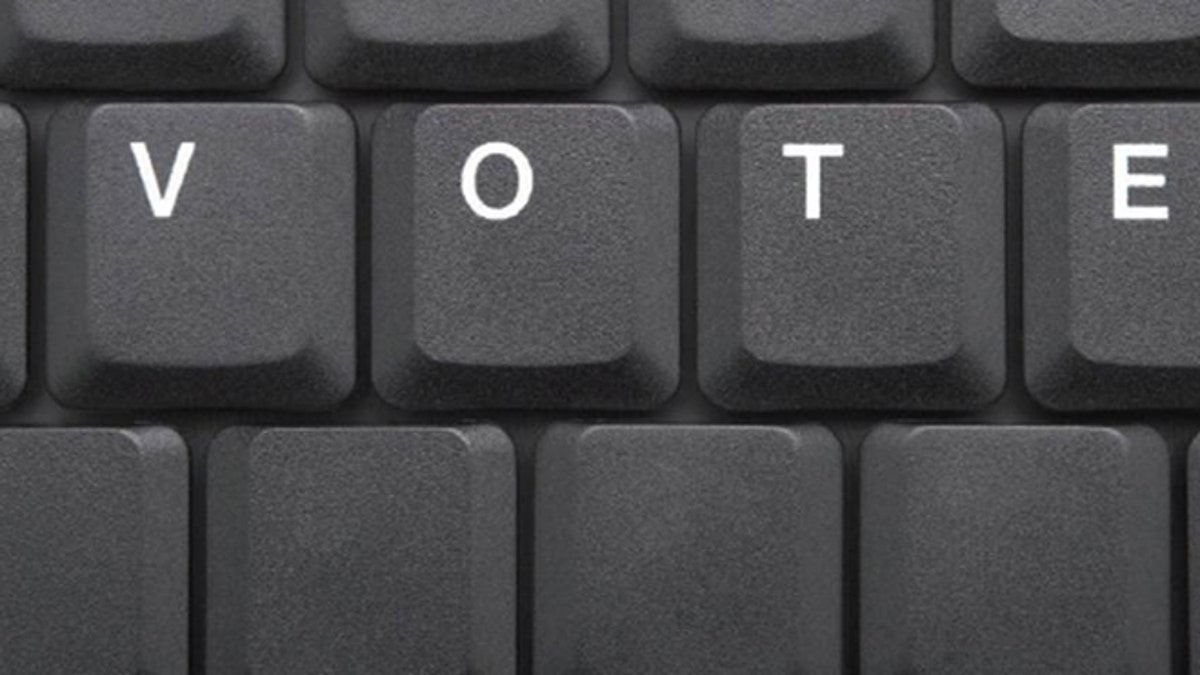
The election of 2016 will be even more influenced by social media than the 2012 campaigns.
Who will win president2016.com?
The 2012 presidential race was a stark switch from the 2008 election, in which Senator John McCain lacked a presence on YouTube and Flickr, and carried a paltry 5,000 followers on Twitter and half million on Facebook. At the time, Democratic candidate Barack Obama had 118,000 Twitter fans and 2.5 million Facebook friends.
The Arizona senator didn't post a single Tweet on Election Day 2008 -- something that would be considered sacrilege in today’s hyper-social media landscape.
Fast forward a race and the Democrats still have a larger presence on the web, but their GOP counterparts are catching up, taking to Twitter, flocking to Facebook and falling for Flickr -- driven in part by the Tea Party movement.
Former vice presidential candidate Paul Ryan, R-Wi. -- and believed to be a potential 2016 contender -- earned applause during the race for his clear domination of Joe Biden in social media. Following the October debate, Politico hailed Ryan’s social media muscle.
[sidebar]
“He’s a star politician who had more Twitter followers before Saturday’s announcement than Republican House Leader Eric Cantor, R-Va., and almost any other congressional figure save current House Speaker John Boehner and former House Speaker Nancy Pelosi,” wrote Steve Friess.
Ryan’s @PaulRyanVP Twitter feed may have been silenced on Nov. 6 -- no more updates for his half a million followers -- but his other Twitter feed, @RepPaulRyan, remains a relatively active means of communication to over 320,000 followers.
Across the aisle, Hillary Clinton is clearly comfortable in the digital world.
The Secretary of State kicked off the Social Good Summit in September, noting that "a revolution in social media is helping people everywhere take part in a global conversation about how we can work together to advance the common good."
And when Clinton gave a wink and a nod to textsfromhillaryclinton.tumblr.com, a widely noted parody account on Tumblr pairing candid snaps with snappy captions, she earned a nationwide “like.”
Another clear leader in the social media arena is New Jersey governor Chris Christie, whom Slate labeled “the Justin Bieber of social media” back in 2010.
But fellow New Jerseyite Cory Booker, the Democratic mayor of Newark, is also a favorite on Facebook. When a snowstorm swept the state in 2011, Booker swept into action online, Tweeting information and taking snow-shoveling requests. With 1.3 million Twitter followers, he’s a force to be reckoned with.
Indeed, every GOP candidate in the early days of the 2012 election cycle had a strong presence on Twitter and Facebook, from Ron Paul to Herman Cain to Mitt Romney, who took to the Twitter-sphere to reach out to potential voters.
The former governor of Massachusetts boasts over 1.7 million followers on his Twitter page, which was often peppered with messages urging followers to get out the vote and infographics that shunned his opponent’s policies. Romney’s wife, Ann, even added recipes to Pinterest, and the whole clan posed for candid moments shared on Instagram in an effort to reach the voting masses.
Back in July, when Obama was quoted as saying “you didn’t build that” to a group of supporters -- a reference to public infrastructure -- the Romney campaign took to the web, uploading pictures of everyday small-business owners across the country that displayed signs reading “I built this.”
President Obama also seemed to live on social media during his reelection campaign. The president notably posted a picture on Twitter of a chair with a plaque that had “the president” engraved on it and an attached message: “This seat’s taken.” That post came the morning after Actor Clint Eastwood spoke to an empty chair during a speech at the Republican National Convention in Tampa.
One thing is clear: The 2016 campaigns will be hard fought online.
Expect a #battle.








































